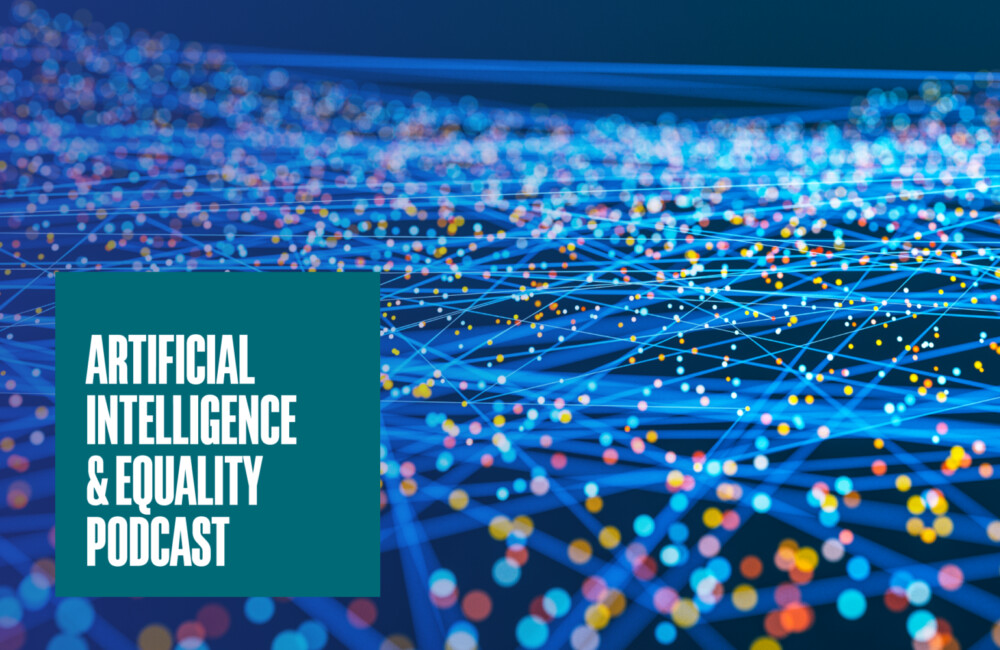Definition & Introduction
Behavioral data is a kind of information that reflects the actions of an individual. Considering the ubiquity of data-extracting technology in today's world, there are innumerable ways in which behavioral data is created such as:
- swiping your credit card at a grocery or retail store
- jogging with a smartwatch on for insights into calorie burn or average BPM
- liking or commenting on a post on a social media platform
- traveling for a summer vacation with a GPS-enabled device like a cell phone
- watching a show or video online
An isolated behavioral data point is relatively inconsequential. But when a system compiles all of a person's behavioral data in a single interface, hypotheses about that person's preferences, desires, and future actions might be generated. Many organizations leverage behavioral data under mostly innocuous circumstances like marketing, advertising, and e-commerce; a retailer selling a product might serve ads to users who have previously visited a product page on their site, for example.
However, there are systems—like data fusion technologies—that compile and analyze a person's behavioral data in much more controversial contexts with unclear or mixed results.
For more on this topic, explore the Carnegie Council and off-site resources curated below.
Behavioral Data & Fusion
Data fusion systems collate surveillance data from a growing network of sources: cell phone activity, CCTV cameras, license plate readers, social media posts, and the list goes on.
What kinds of activities might generate data that is then pulled into a data fusion system for reference in criminal investigations?
More on Behavioral Data & AI Ethics
MAY 26, 2021 • Podcast
Creative Reflections on the History & Role of AI Ethics, with Wendell Wallach
JUN 8, 2020 • Podcast
Mysterious Machines: The Road Ahead for AI Ethics in International Security, with Arthur Holland Michel
How do we learn to trust AI systems and what are the implications of this technology as nations confront mass protests in a post-pandemic world?
DEC 9, 2021 • Podcast
Ethics, Governance, and Emerging Technologies: A Conversation with the Carnegie Climate Governance Initiative (C2G) and Artificial Intelligence & Equality Initiative (AIEI)
Emerging technologies with global impact are creating new ungoverned spaces at a rapid pace. The leaders of Carnegie Council's C2G and AIEI initiatives discuss how they are working to educate and activate communities around these governance issues.

There Are Spying Eyes Everywhere—and Now They Share a Brain
Are we truly under surveillance 24/7? In this article for Wired, Senior Fellow Arthur Holland Michel details his behind-the-scenes look into the public safety division of a security technology company and a demo version of its fusion product called Citigraf.
How realistic is the technologist's fantasy of an "ever-expanding, all-knowing surveillance platform"?
Discussion Questions
- Are there ethical principles that should guide the use of behavioral data in AI systems?
- What kinds of behavioral data, if any, should be strictly confidential?
- How important is informed consent for the use of behavioral data in artificial intelligence technologies?
- How can developers and engineers reduce or eliminate racial and gender biases in AI systems leveraging behavioral data?
- What mechanisms can be put in place to improve the transparency of behavioral data usage in AI?
- How might cultural differences impact the validity of behavioral data's usage in these systems?
- What are the potential long-term effects of the widespread use of behavioral data across industries?
For more on the ethics of emerging technology, subscribe to the Carnegie Ethics Newsletter.
Additional Resources
Behavioural data science - The Alan Turing Institute
How can understanding human behavior help achieve better economic and social outcomes?
ReadWhy do we need to talk about ethics and bias in AI?
IBM's Kim Escherich asks the question: How far can we extend digitization?
ReadWhat is Behavioral Analytics?
Microsoft outlines how organizations can leverage behavioral data across marketing, sales, customer service, and more business functions.
Read